Today we are proud to welcome 33 new members to the Global Young Academy. They are inaugurated during the opening of the 6th International Conference of Young Scientists and GYA Annual General Meeting 2016 – Global Young Academy.
The new GYA members in 2016 are from more than 20 countries – newly also from Cambodia and Cuba – and nearly as many disciplines: A nutritious ground for forward thinking research and international science collaboration. Our new members explore wild dogs, medical treatments, violence prevention and weather in space. They build networks and pull up companies, and they are devoted to make new findings that will change our world – for the better.
Welcome to the Global Young Academy!
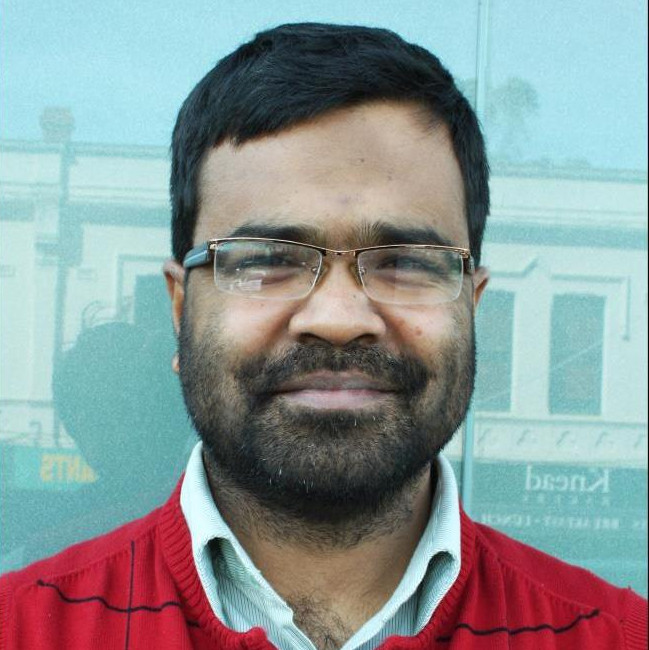 Monir Uddin Ahmed (Bangladesh) Monir Uddin Ahmed (Bangladesh)
Microbial epidemiologist Initiator of bilingual science magazine named Scientific Bangladesh, dedicated to enhance the quality of human life by improving food safety. He goes into detail, working at the molecular level with pathogenic microorganisms. The present focus of his work: Campylobacter jejui, the most frequently isolated foodborne bacteria worldwide. |
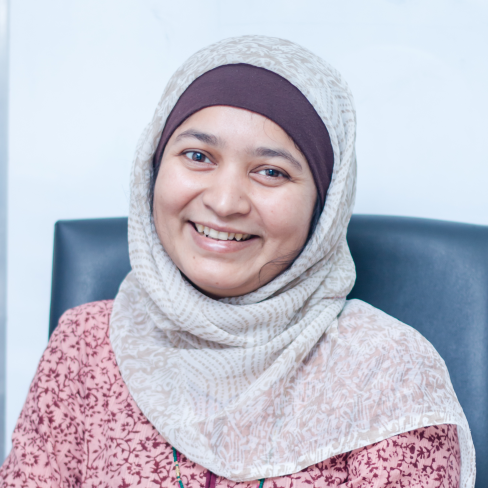 Nova Ahmed (Bangladesh) Nova Ahmed (Bangladesh)
Computer scientist + technology expert After obtaining her PhD she started working with operating systems, humans and the space that lies between them. Her aim is to connect man and machine, as this will help to provide low-cost and socially accepted solutions to countless global challenges. |
|
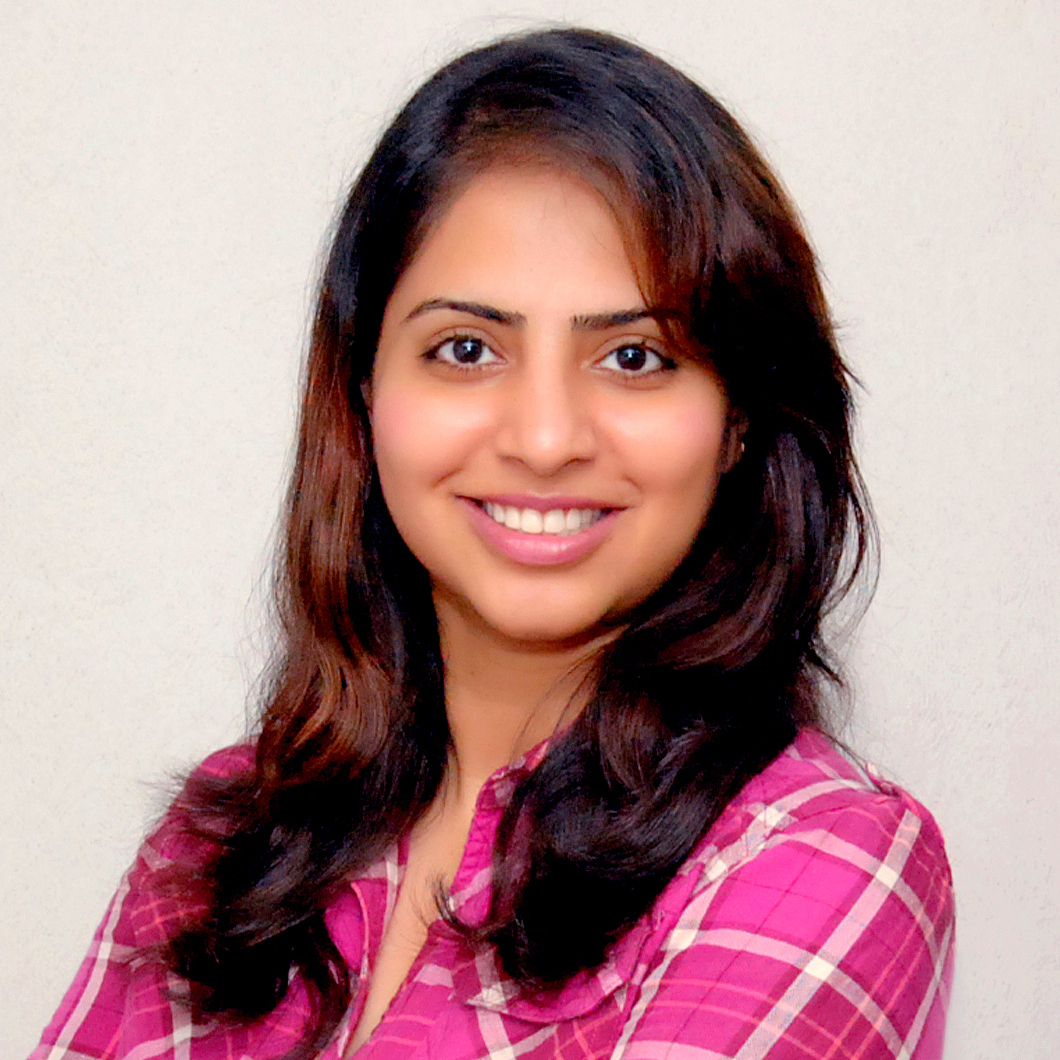 Almas Taj Awan (Brazil) Almas Taj Awan (Brazil)
Environmental scientist Her wish to contribute to global sustainability led her to become an expert in waste and water recycling. She is convinced that these aspects of recycling are fundamental to environmental sustainability and will provide practical solutions to ongoing global challenges such as the effective use of renewable energy. |
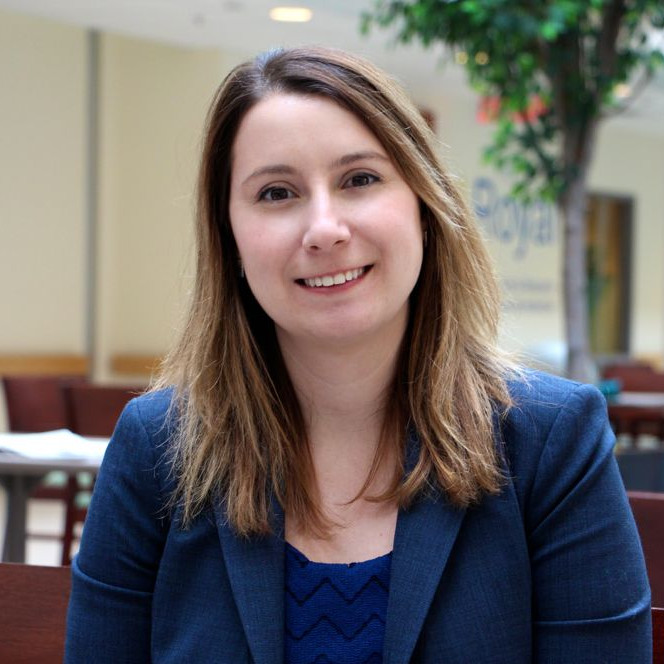 Kelly Babchishin (Canada) Kelly Babchishin (Canada)
Psychologist + blogger A digitally working scientist, dedicated to researching risk factors for sexual violence against women and children. She actively explores these matters online and offline, also raising her voice as a blogger, thus achieving awareness for sexual violence and harassment and presenting prevention strategies. |
|
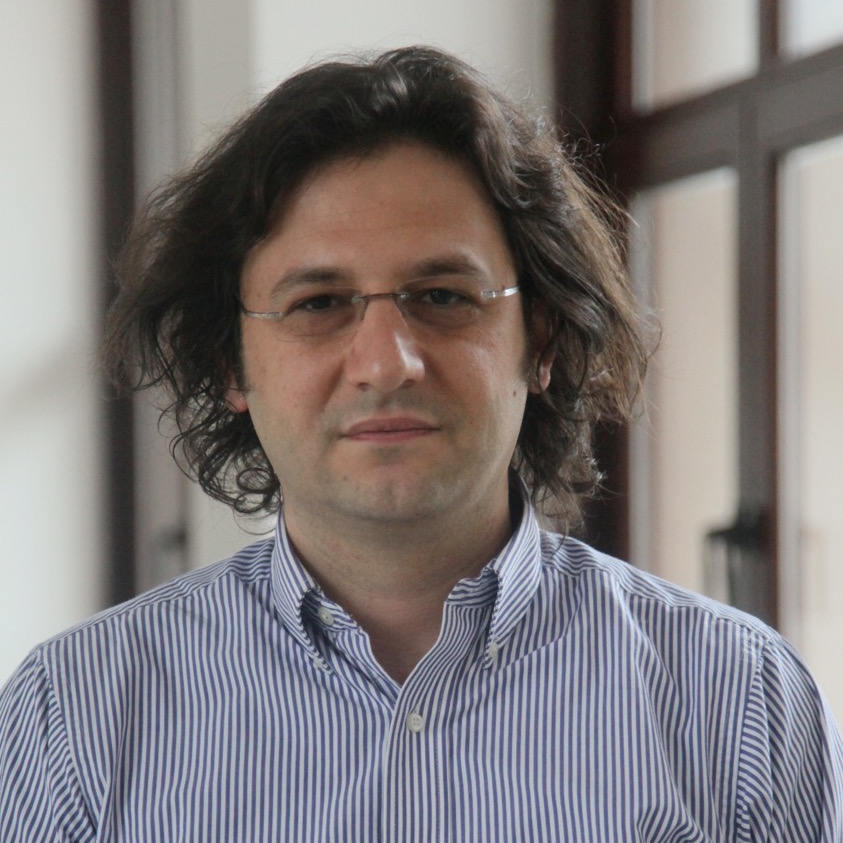 Fuat Balci (Turkey) Fuat Balci (Turkey)
Behavioural neuroscientist + psychologist His fascination with the capacity of humans and animals to measure time without a defined sensory organ brought him to investigate the links between a “sense of time” and decision-making functions. He soon found that this issue leads to fundamental questions in Neuroscience and Cognitive Science. |
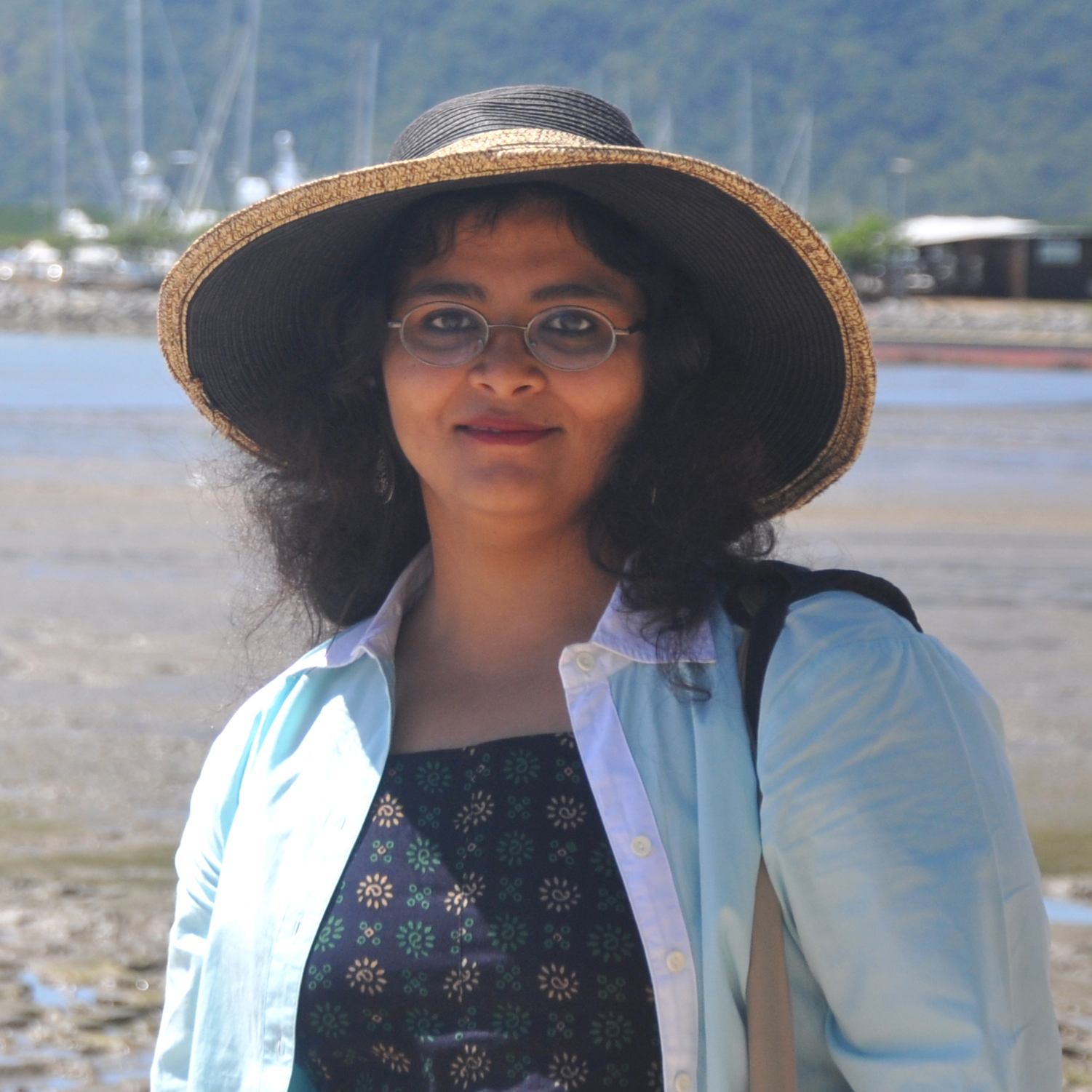 Anindita Bhadra (India) Anindita Bhadra (India)
Behavioural biologist + blogger Initially exploring the sociability of insects, the first chairperson of the Indian NYA went on to research the behaviour of wild dogs, leading to new insights into intrinsic behavioural processes and the exciting relationship between dogs and humans. On her blog she follows her passion for behavioural studies and captures moments of her everyday life. |
|
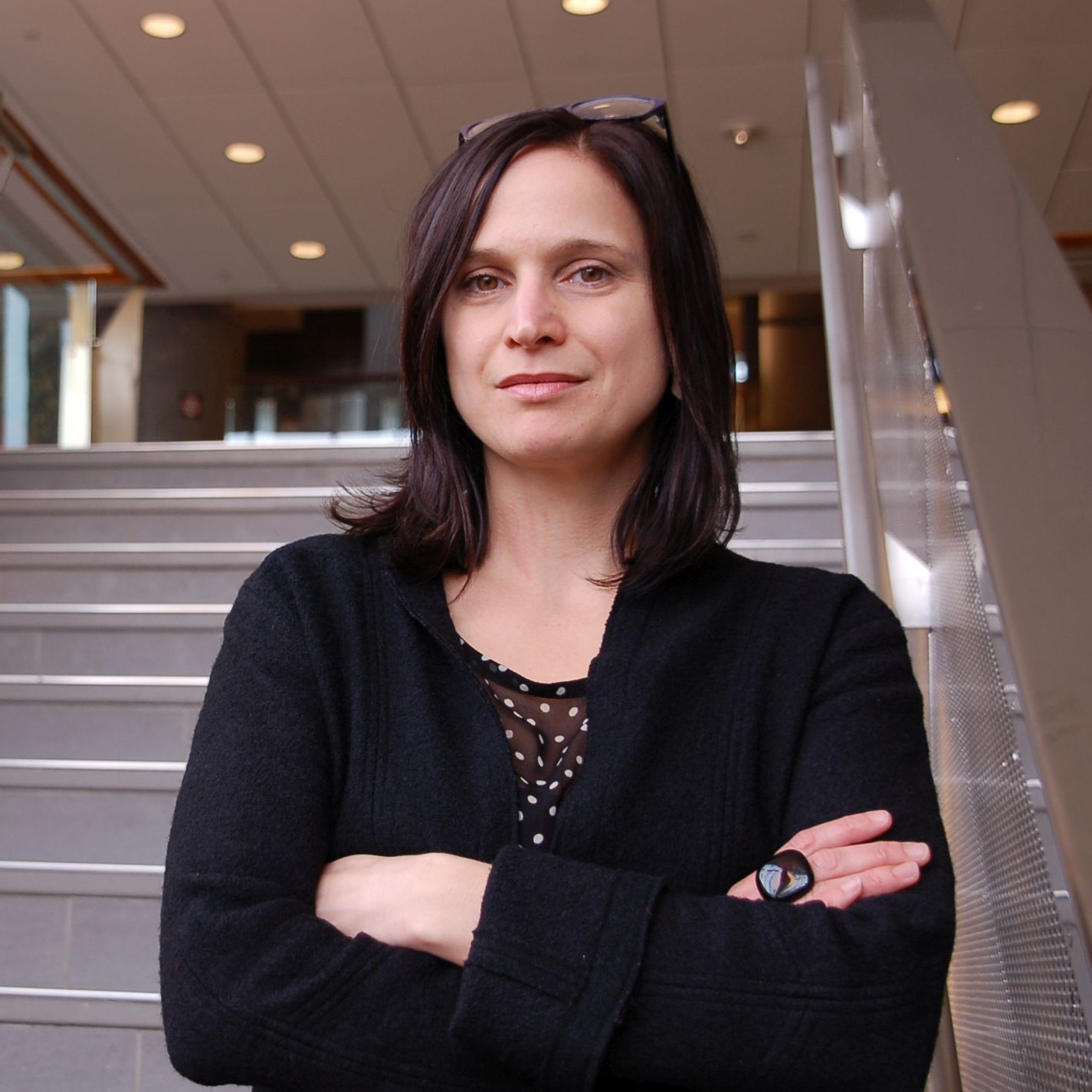 Suzanne Bouclin (Canada) Suzanne Bouclin (Canada)
Lawyer + volunteer An interdisciplinary researcher at the intersection of law-, film- and media studies, and feminist theory, currently examining whether new communication technologies can help homeless people to access law and justice. Her secondary research project explores the representations of criminalised women in pop-culture, especially movies and cinema. |
|
|
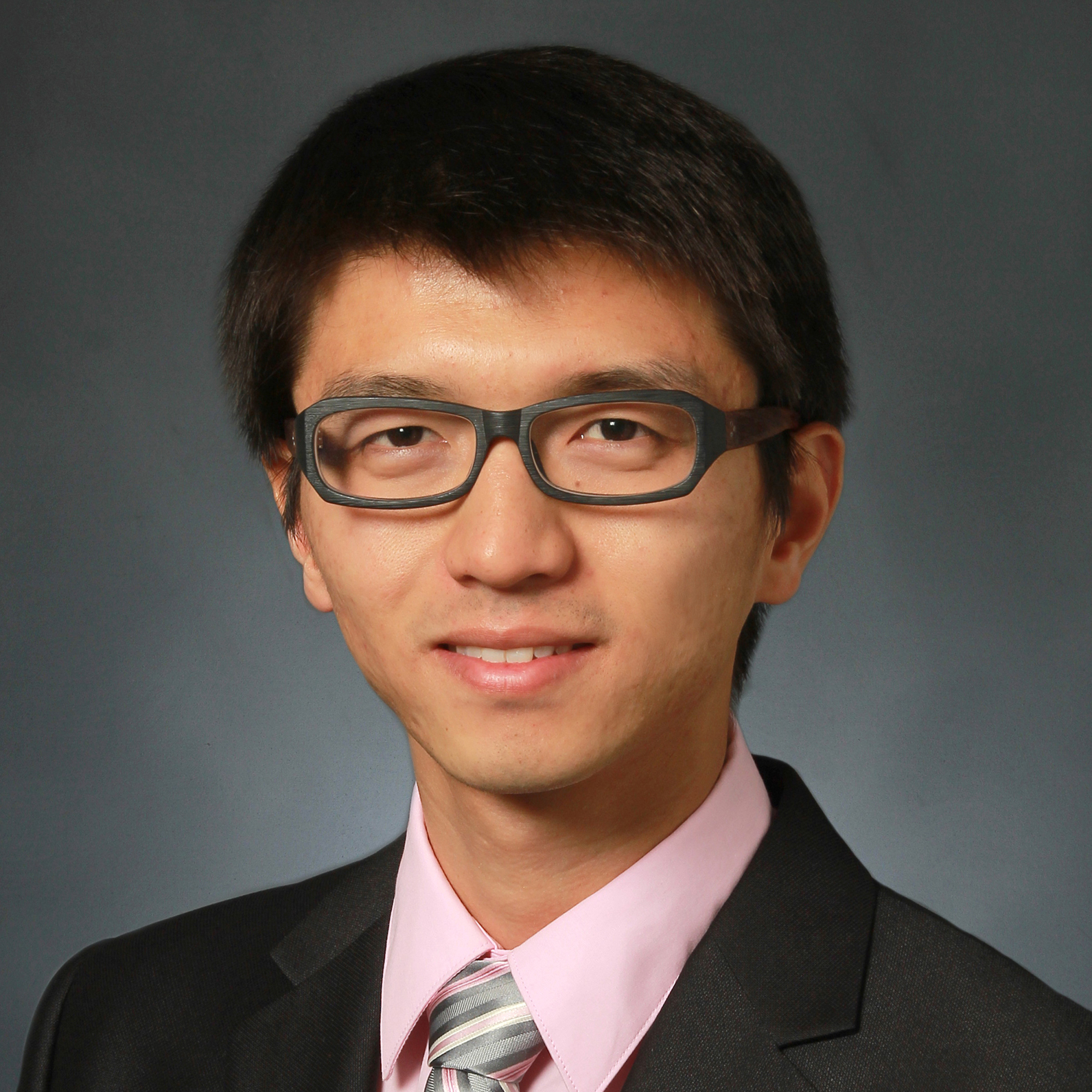 Huanyu Cheng (USA) Huanyu Cheng (USA)
Mechanical engineer + bio-mechanist As he followed his passion for mechanics design and bio-manufacturing, he came to work with wearable tattoo electronics, capable of dissolving in the human body. In his laboratory, he links research and manufacturing by developing biomedical devices that reduce therapeutic risks during medical treatments. |
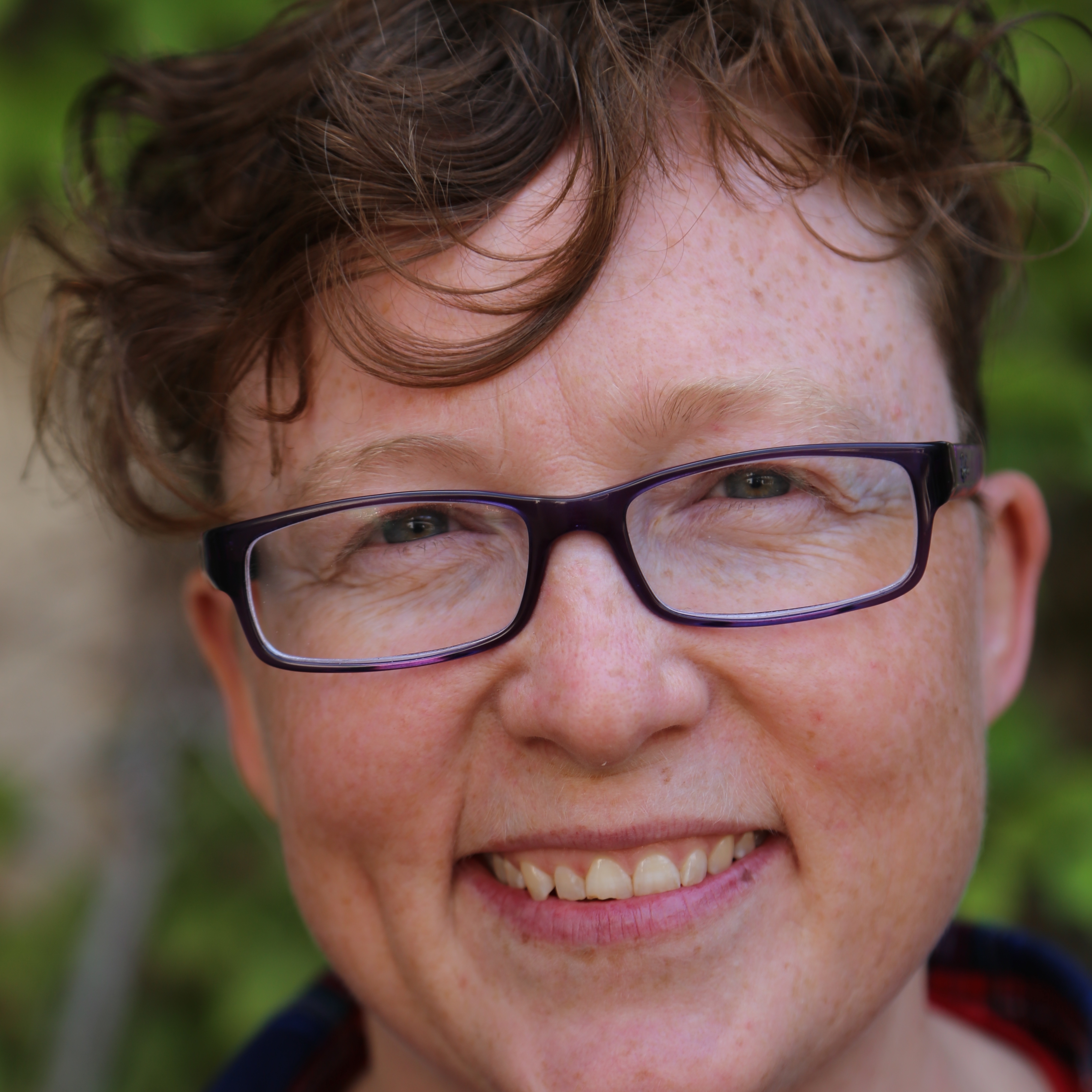 Jackie Dawson (Canada) Jackie Dawson (Canada)
Environmental geographic scientist Achieving both practical and theoretical advances as a researcher and as head of the Environment, Society and Policy Group (ESPG) in Ottawa, she investigates the human and policy dimensions of environmental and economic change, working on relevant and up-to-date problems in climate change, arctic shipping, arctic economic development and coastal communities. |
|
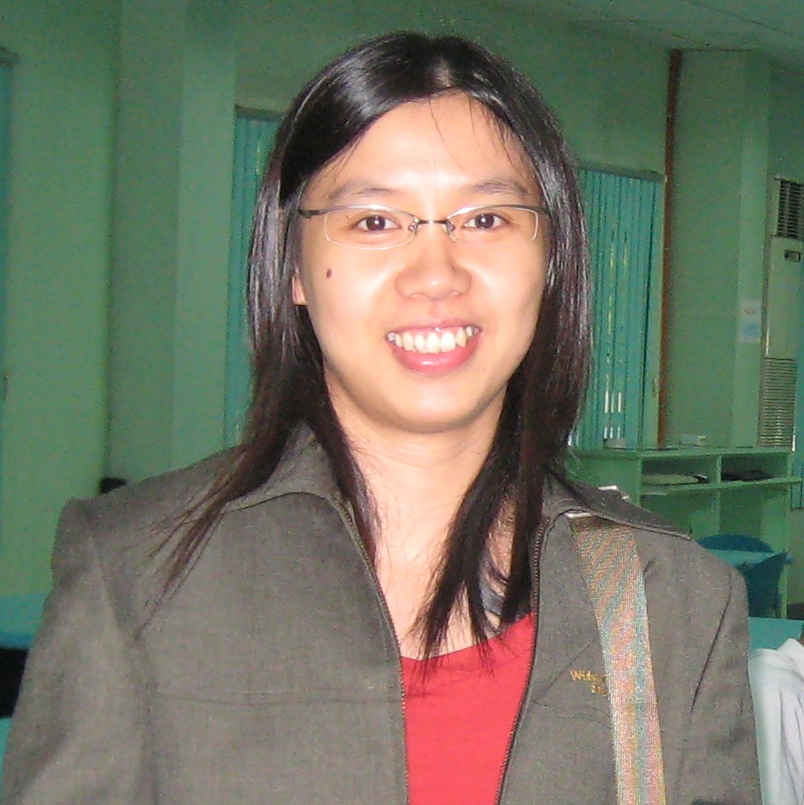 Felycia Edi Soetaredjo (Indonesia) Felycia Edi Soetaredjo (Indonesia)
Chemical engineer + environmental researcher Her aim in researching is to develop efficient and affordable waste water treatments that are fundamental to sustainable and clean industries. She is motivated by the conviction that scientific findings provide answers to global environmental and sustainability issues. |
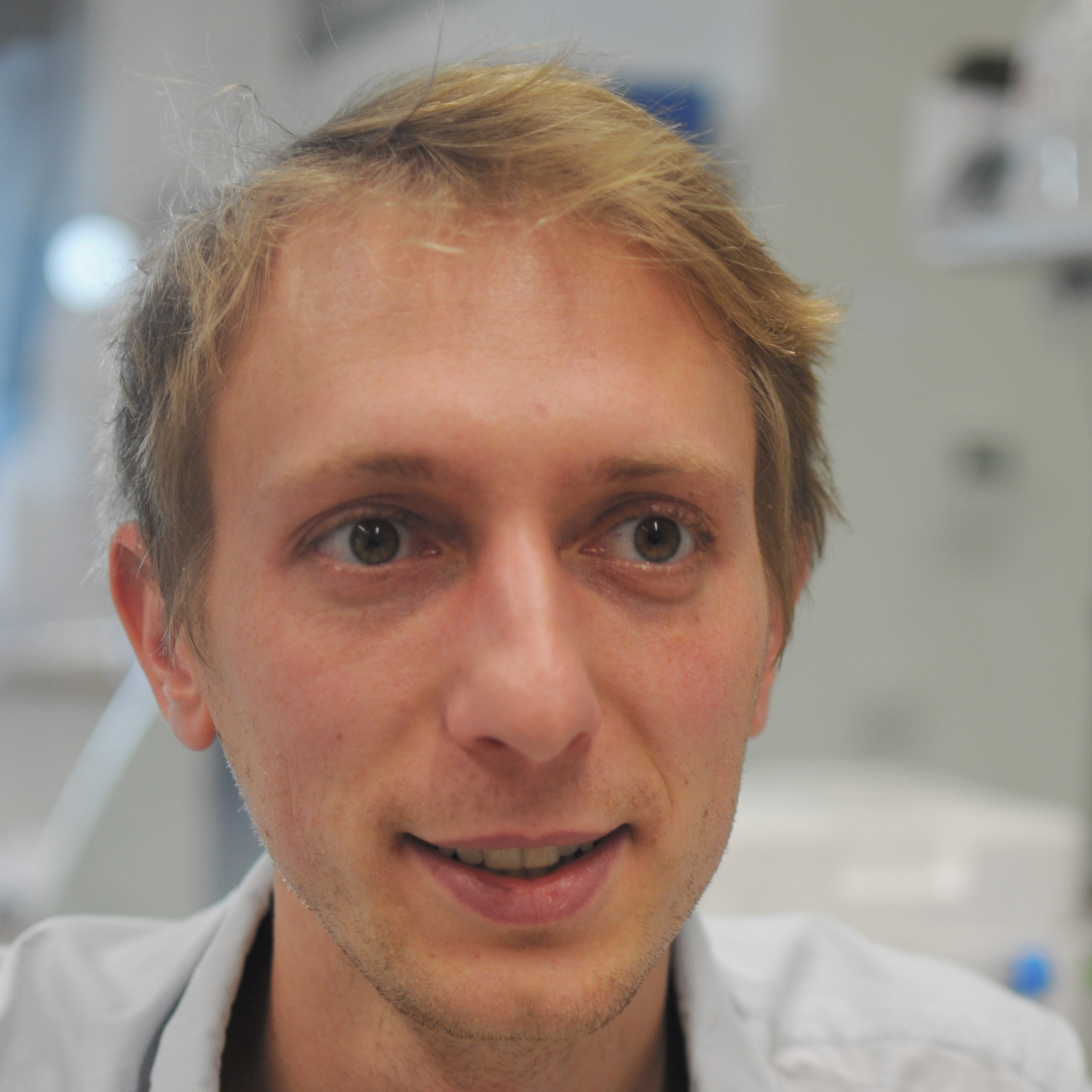 Simon Elsässer (Sweden) Simon Elsässer (Sweden)
Chemical biologist Fascinated by epigenetics and more precisely, by the question how our genetic information is annotated in every human cell. Through his research, he seeks to understand how each of the trillion cells in the human body can actually ‘remember’ its purpose. His ultimate aim is a better understanding of cancer mechanisms and prospects for preventions. |
|
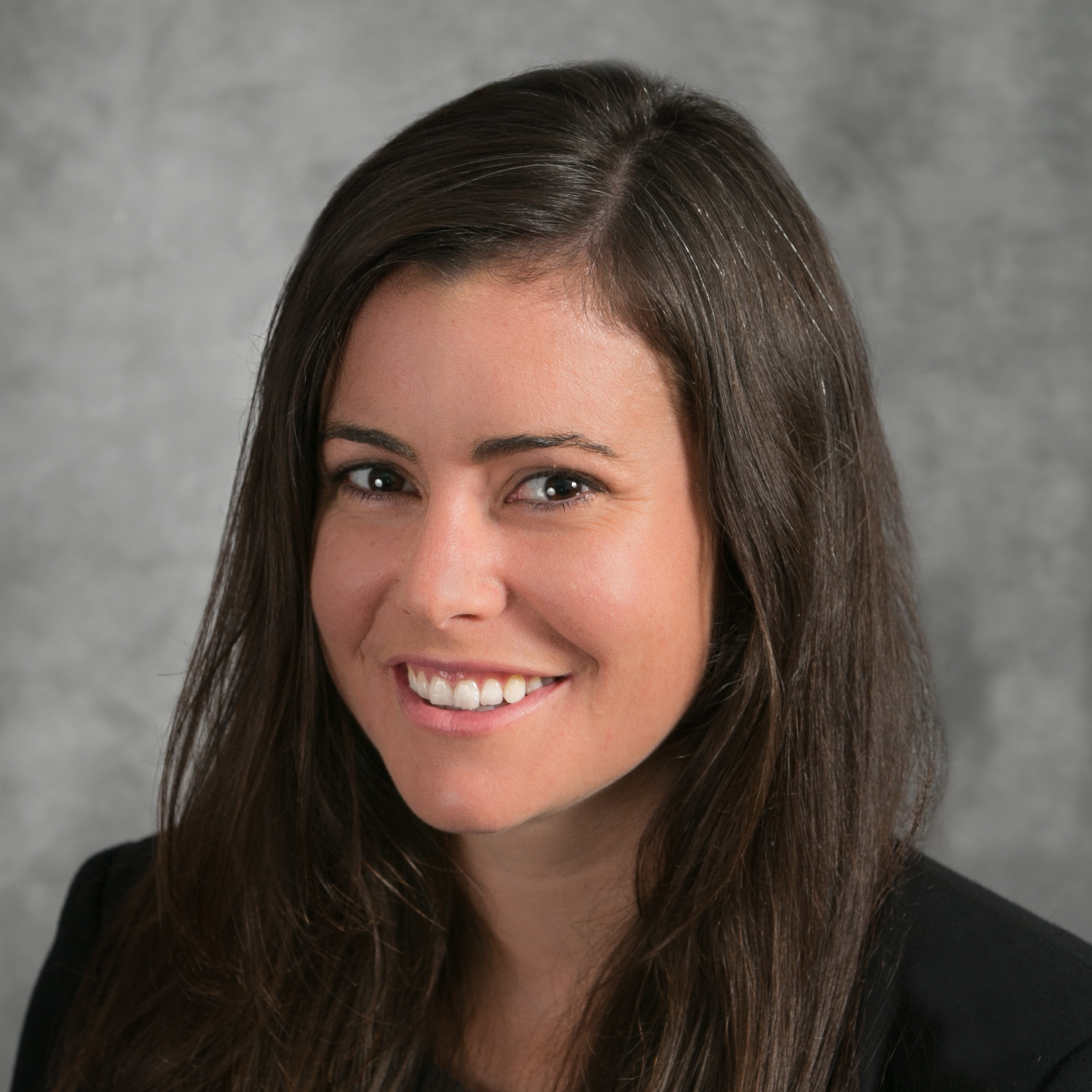 Laura Fierce (USA) Laura Fierce (USA)
Climate scientist Environmental engineer and chemist, investigating climate change as the global challenge of our time. By constructing new frameworks for simulating atmospheric aerosols in climate and air quality models, her research will help to protect the Earth’s radiative balance and hence, its climate. |
|
|
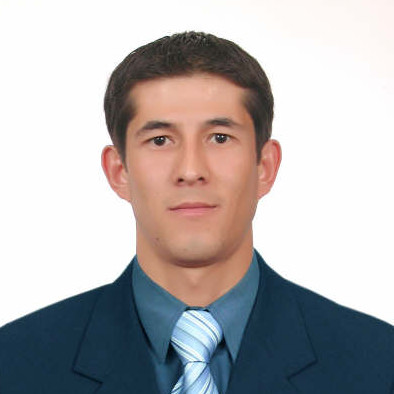 Mirabbos Hojamberdiev (Uzbekistan) Mirabbos Hojamberdiev (Uzbekistan)
Material scientist In his research he focuses on the fabrication, characterization, and application of visible-light-responsive photocatalytic materials for environmental use. Working on new methods in the production of energy, his current mission is to develop efficient photo-catalysts that can split water and produce hydrogen as an alternative to fossil resources. |
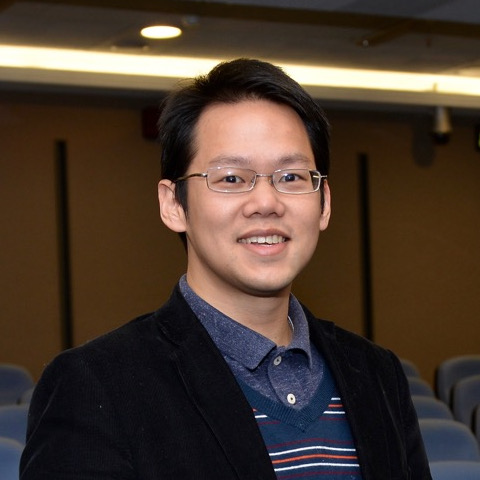 Che-Ming Jack Hu (Taiwan) Che-Ming Jack Hu (Taiwan)
Nano-medical engineer Passionate about complex biological systems, and dedicated to nanotechnology as it will make therapies safer, more potent, and more precise. In his laboratory, he is currently developing novel nanoparticle vaccines against MERS-CoV and influenza.
|
|
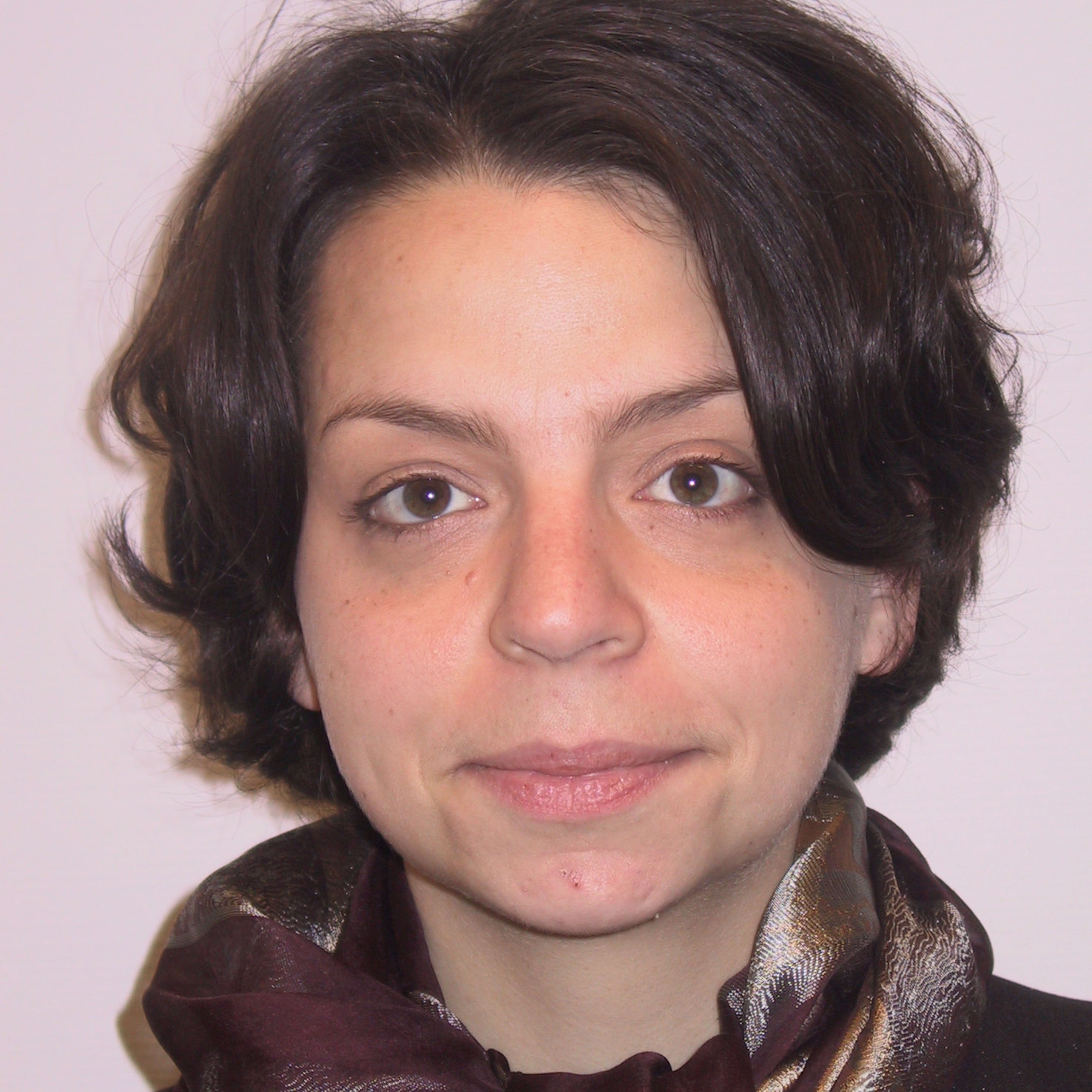 Nathalie Katsonis (Netherlands) Nathalie Katsonis (Netherlands)
Chemist + materials researcher As lead of her own research group she develops smart materials and molecular-scale machines – the foundations of every significant biological process. Her research includes the design, synthesis, and operation of molecular machines, and also the development of bio-inspired and smart materials, extending this approach towards designing artificial muscles and materials for soft robotics. |
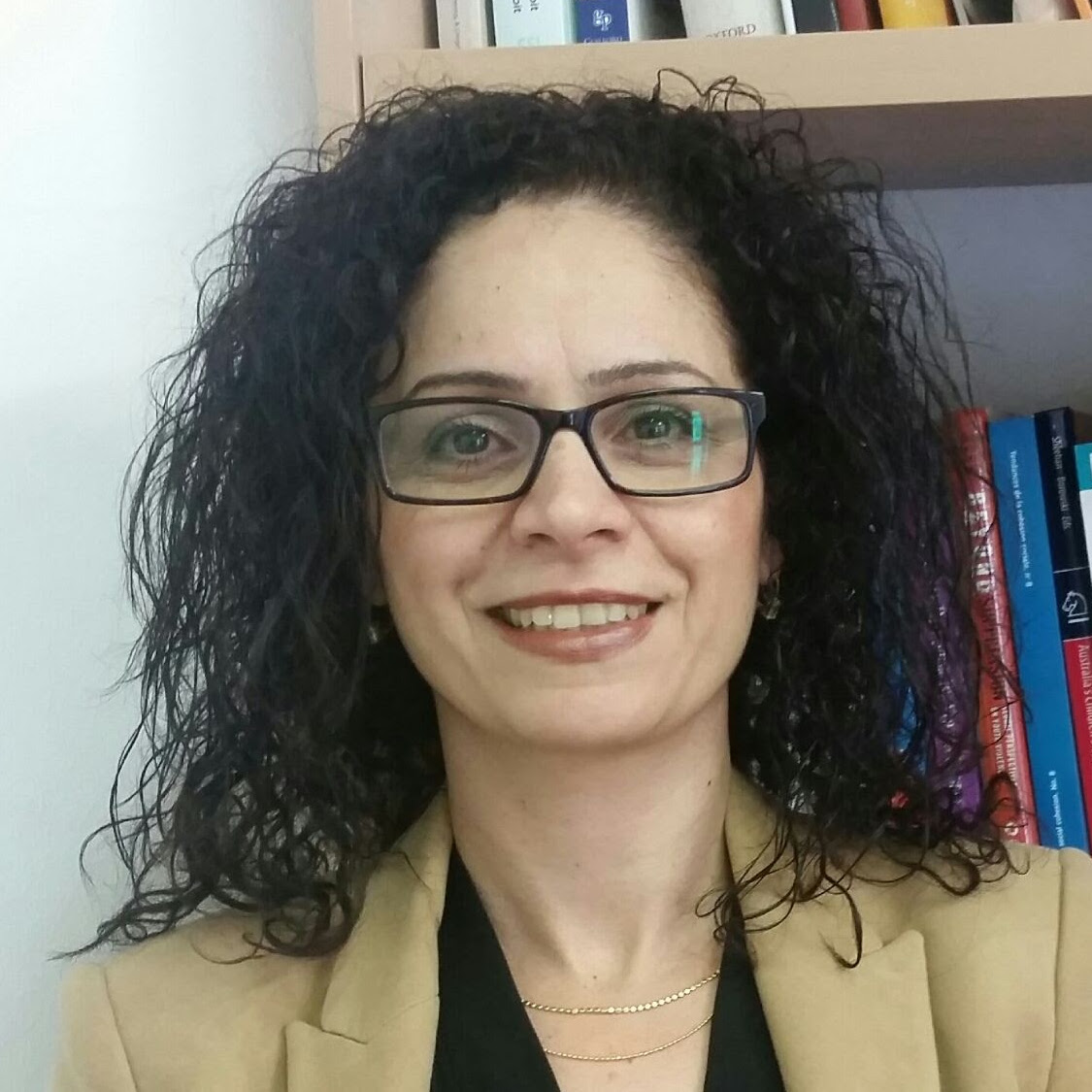 Mona Khoury-Kassabri (Israel) Mona Khoury-Kassabri (Israel)
Life scientist + violence researcher Aiming to understand and prevent school violence, she uses a holistic approach to investigate the impact of economic, social, and political factors on child and youth involvement in delinquent behaviors – both as victims and as perpetrators.
|
|
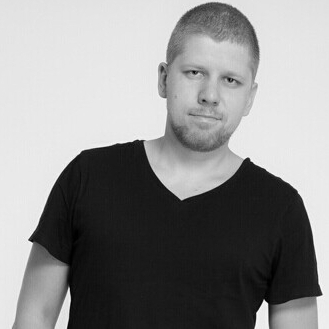 Bartlomiej Kolodziejczyk (Australia + USA) Bartlomiej Kolodziejczyk (Australia + USA)
Nanotechnologist + life scientist Co-founder of two start-ups, passionate about materials engineering. His scientific focus is on nanotechnology and micro-electronics. Through his publications and political activity, he combines research and policy – as when authoring reports on renewable energy and innovation. |
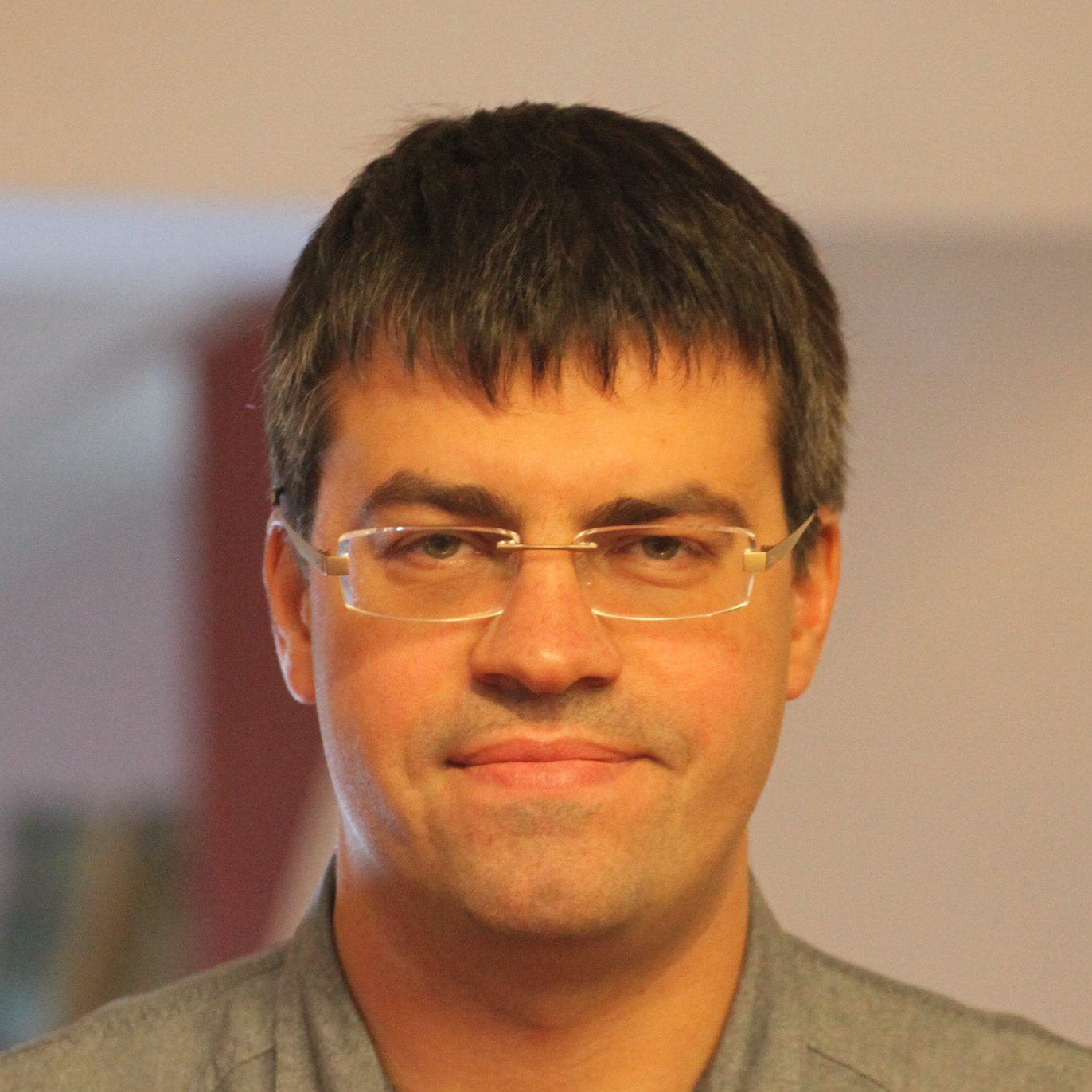 Andrey Konevega (Russian Federation) Andrey Konevega (Russian Federation)
Biophysicist Life scientist, exploring the secrets of biochemistry, using biochemical and biophysical approaches to study molecular mechanisms of protein biosynthesis. As a member of the Russian scientific community, he is actively involved in creating a modern academic system across national and disciplinary boundaries. |
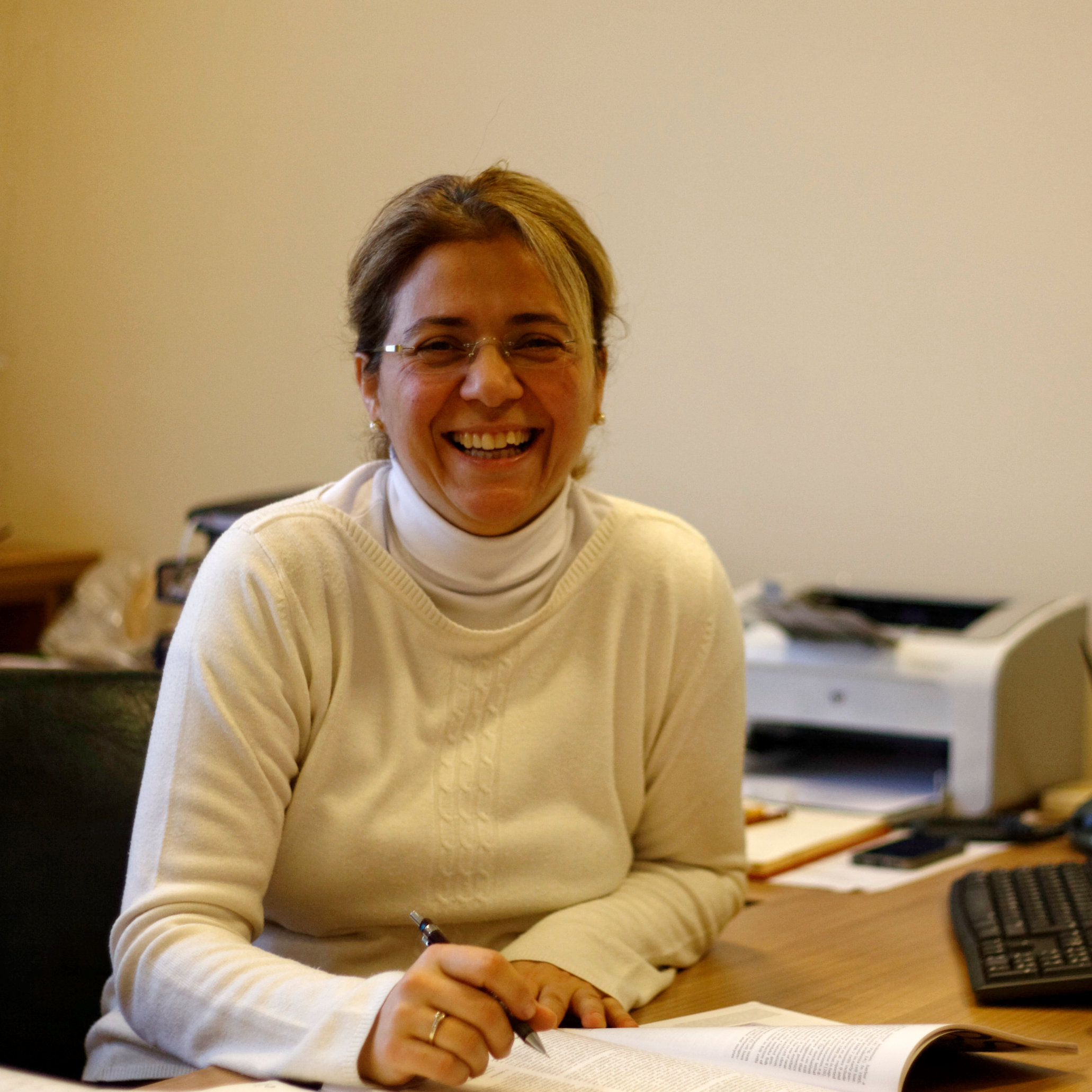 Isil Kurnaz (Turkey) Isil Kurnaz (Turkey)
Neurobiologist + molecular researcher Fascinated by the human brain and nervous system, she came to explore how brain tumour cells are able to spread. Her aim is to use the new knowledge as a foundation for novel therapies. In her laboratory she investigates possible treatments for diseases such as cancer, Alzheimer’s and Parkinson’s. |
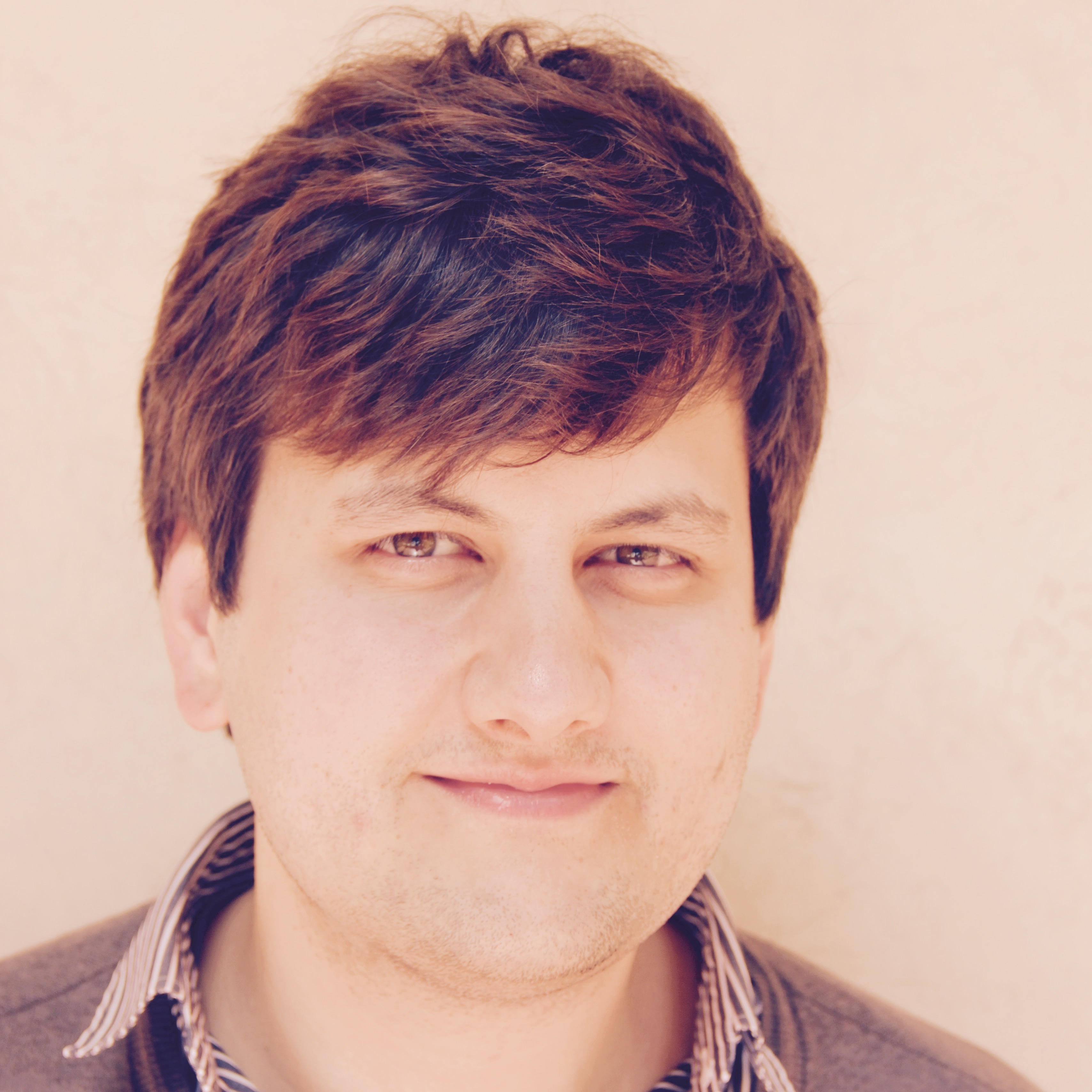 Robert Lepenies (Germany) Robert Lepenies (Germany)
Social scientist + philosopher Max Weber fellow with a special interest in the ethics of economics and poverty theory. He is currently working on the question of whether it is permissible to nudge citizens, especially in the contexts of poverty and social inequality. |
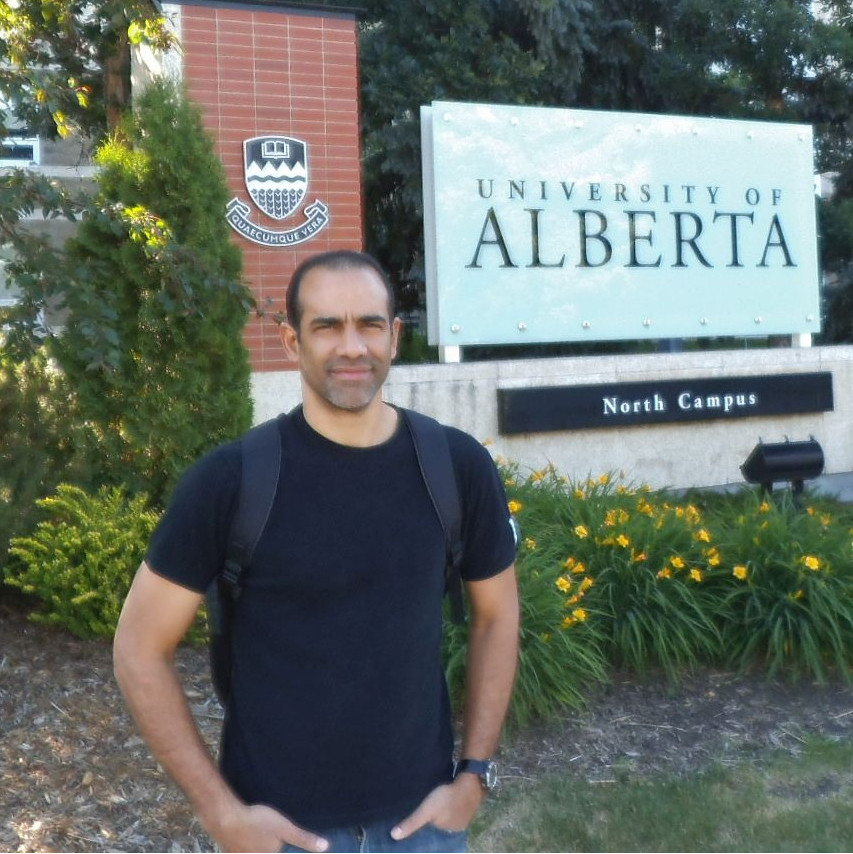 Daniel Limonta (Cuba) Daniel Limonta (Cuba)
Physician + health scientist Medical researcher interested in the interactions between human cells and viruses such as dengue and Zika. Through his work, he seeks to find new therapies to fight globally significant pathogens. He is excited to discuss personal findings and achievements with enthusiastic young researchers from all over the world. |
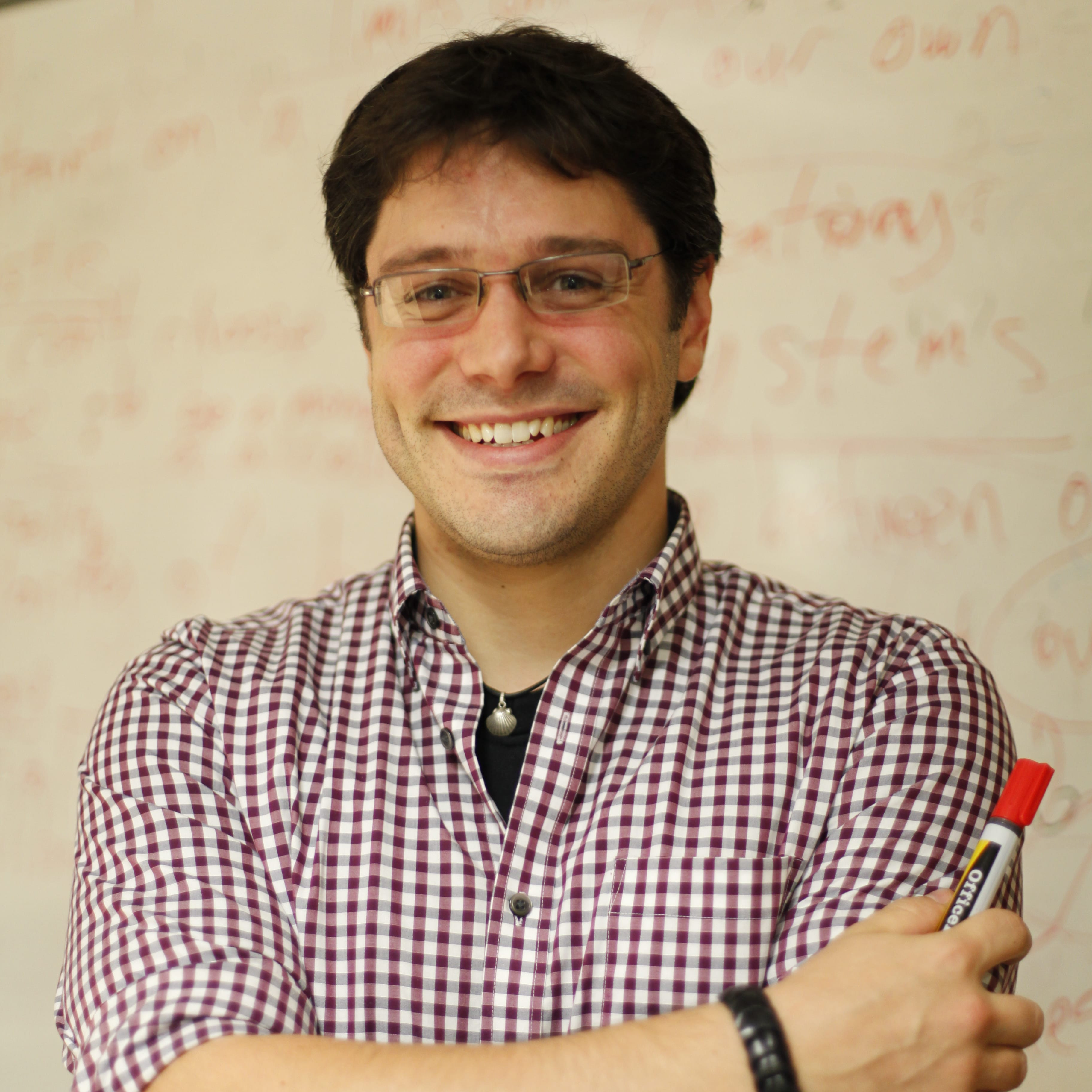 Paul Mason (Australia) Paul Mason (Australia)
Anthropologist + system theorist Cross-disciplinary thinker bringing together research findings from the fields of anthropology, bioethics, global health, and complex systems theory. His research on tuberculosis in Vietnam led to the development of an educational book for children that has been translated into several languages. |
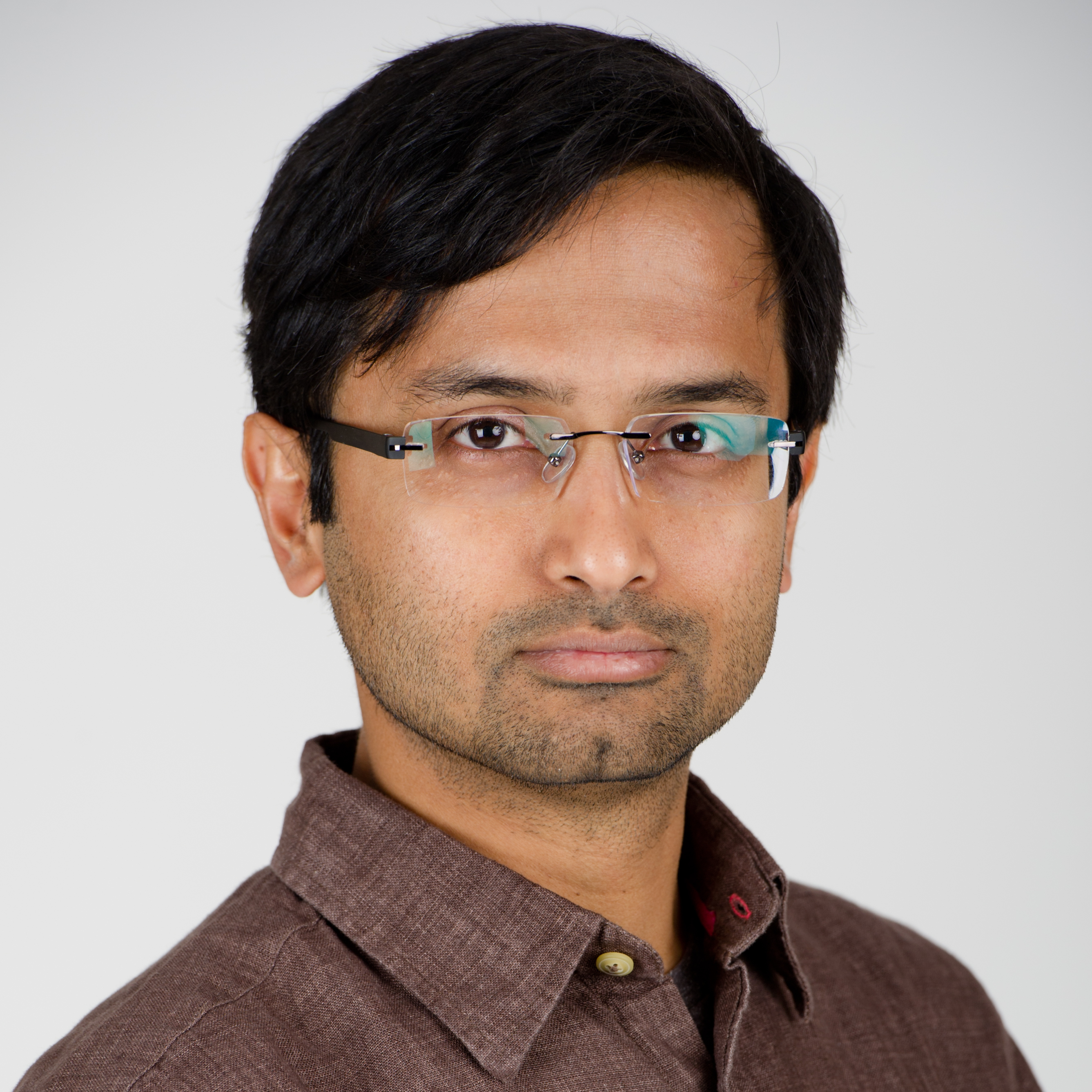 Srinjoy Mitra (UK) Srinjoy Mitra (UK)
Biomedical engineer Having gathered experience in the electronics industry, he went on to specialise in the field of neuro-informatics. His research focuses on neuromorphic systems, an approach that uses state-of-the-art electronics technology to build artificial systems inspired by the brain. |
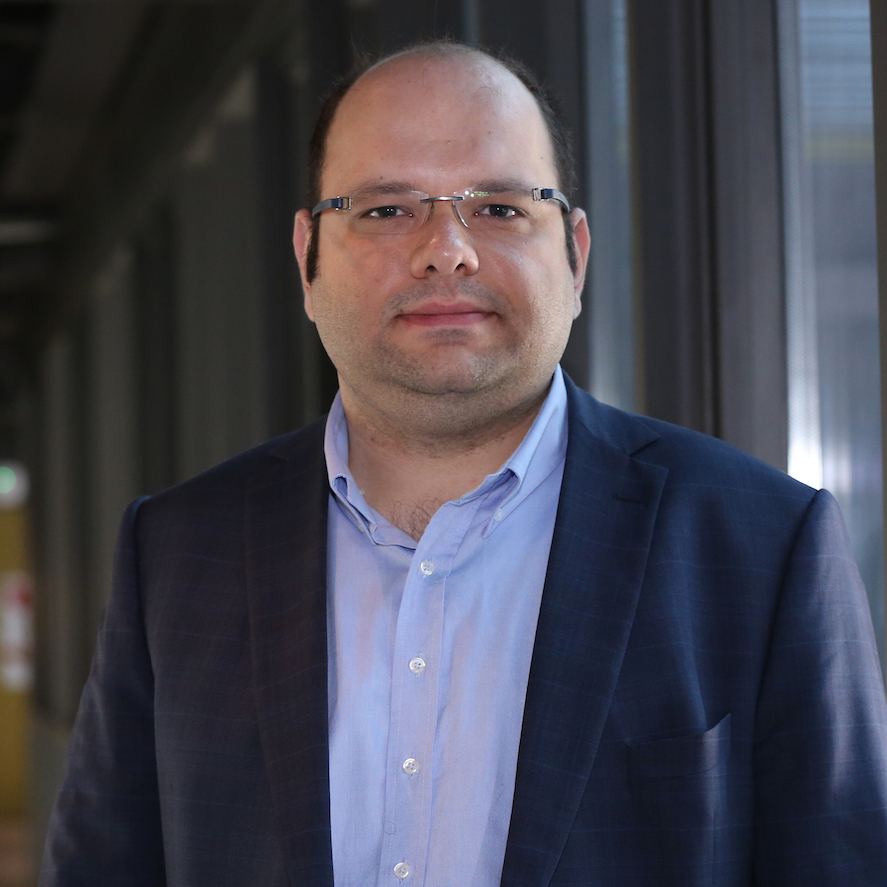 Evren Mutlugün (Turkey) Evren Mutlugün (Turkey)
Physical entrepreneur Head of a Nano Research Group at Abdullah Gul University, researching the use of colloidal nanocrystal quantum dots for energy efficient applications. As founder of his own company, he turns research findings into products, focusing on nanomaterial engineering for innovative lighting systems and display technologies, as well as the next generation of solar cells. |
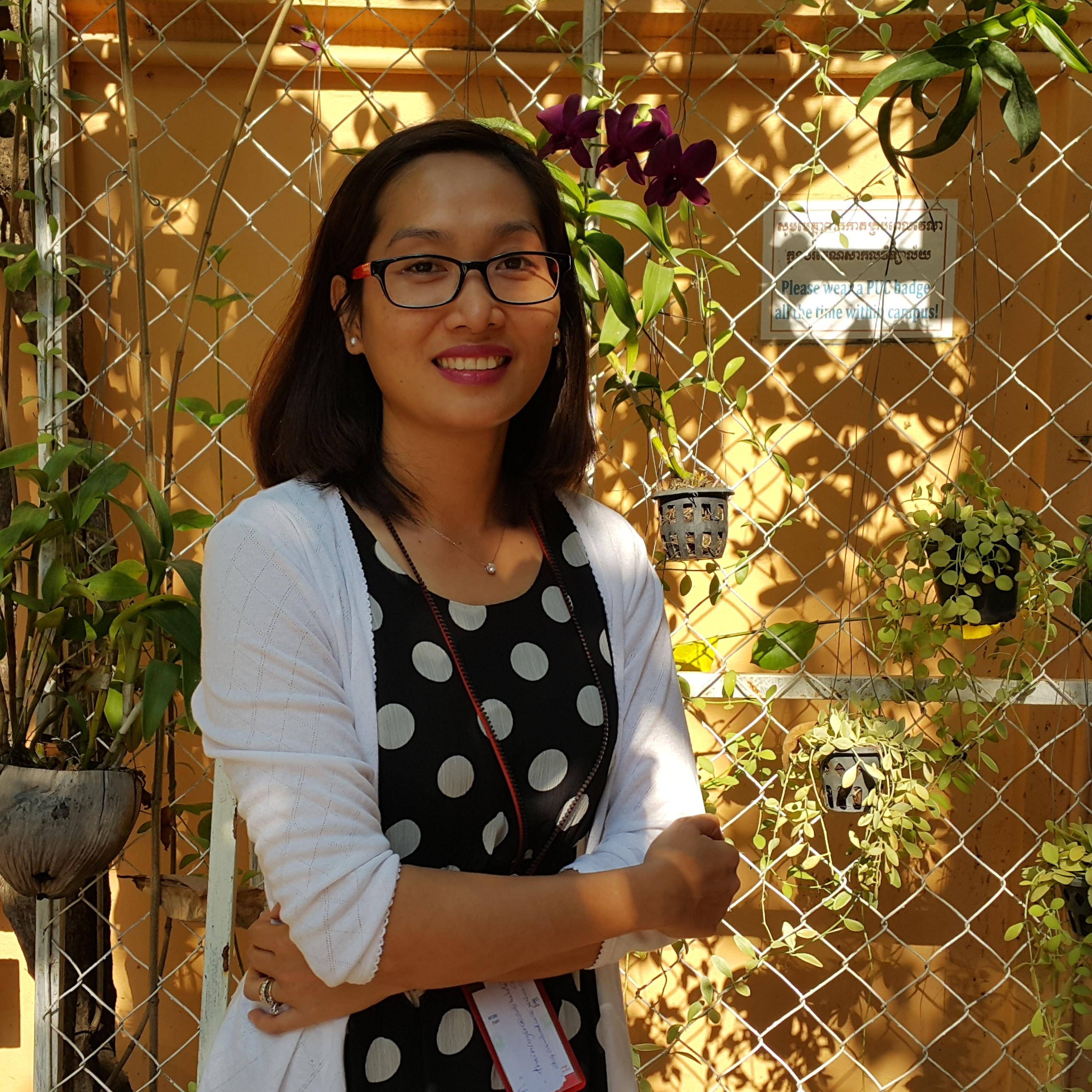 Rothsophal Nguon (Cambodia) Rothsophal Nguon (Cambodia)
Social scientist + gender researcher Her special research interest lies in gender equality and female entrepreneurship in Cambodia. This is inspired by both academic pursuits and personal experiences. Providing practical implications through her research, she is currently dealing with questions of social welfare and gender equity, aiming to improve quality and equality in primary education. |
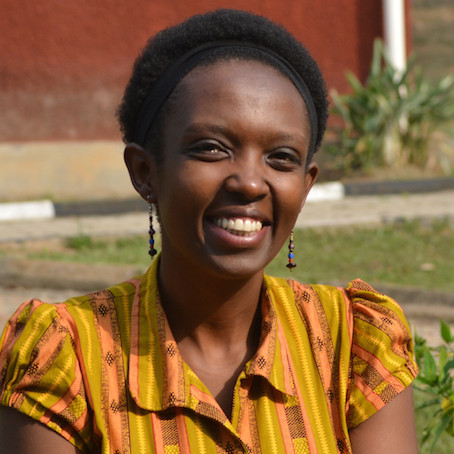 Connie Nshemereirwe (Uganda) Connie Nshemereirwe (Uganda)
Humanitarian scientist + educationalist Her research in at the interface of humanities and education aims to develop and improve undergraduate classes in Uganda. Alongside her theoretical work, she leads a project to provide offline access to online educational material, a project swelled by the conviction that education is the best instrument for solving global issues of equality and sustainability. |
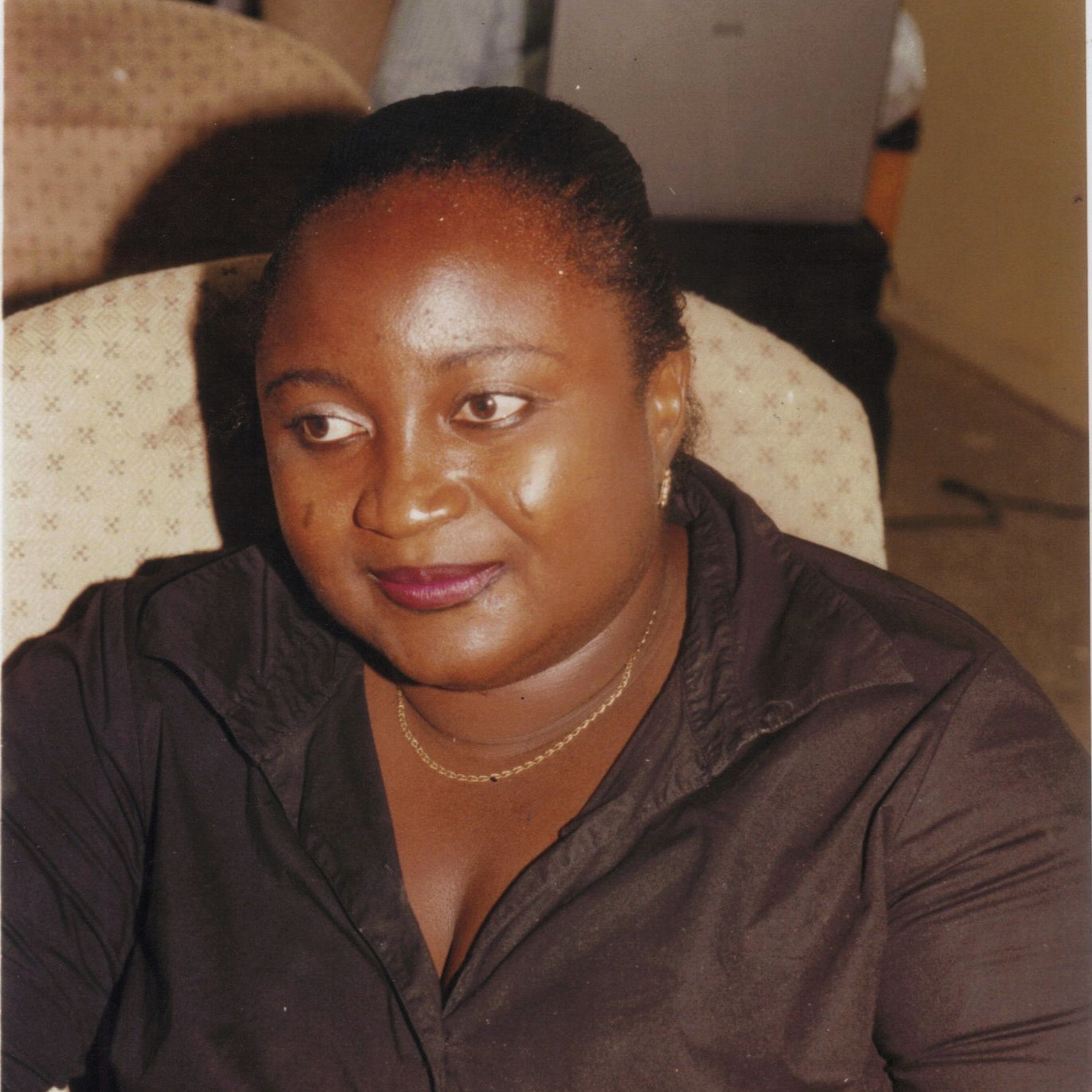 Theresa Nkechi Obiekezie (Nigeria) Theresa Nkechi Obiekezie (Nigeria)
Geologist + physicist Being based in geophysics, her scientific career brought her to atmospheric physics where she is currently achieving novel novel insights into ionospheric effects and weather in space. |
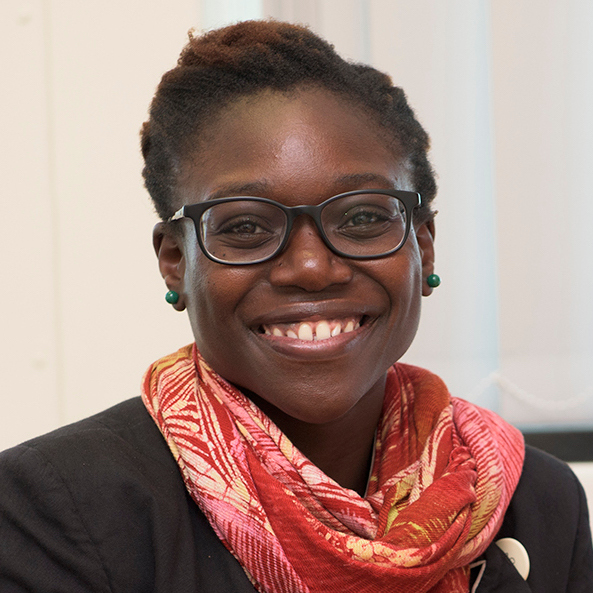
Tolu Oni (South Africa) Public health scientist + epidemiologist Researching disease and wellbeing in the context of urbanisation. In a recent study, she investigated the epidemiology of tuberculosis, diabetes and HIV in urban contexts. Her research is grounded in the conviction that policy and science need to go hand-in-hand to find solutions to our most pressing questions. |
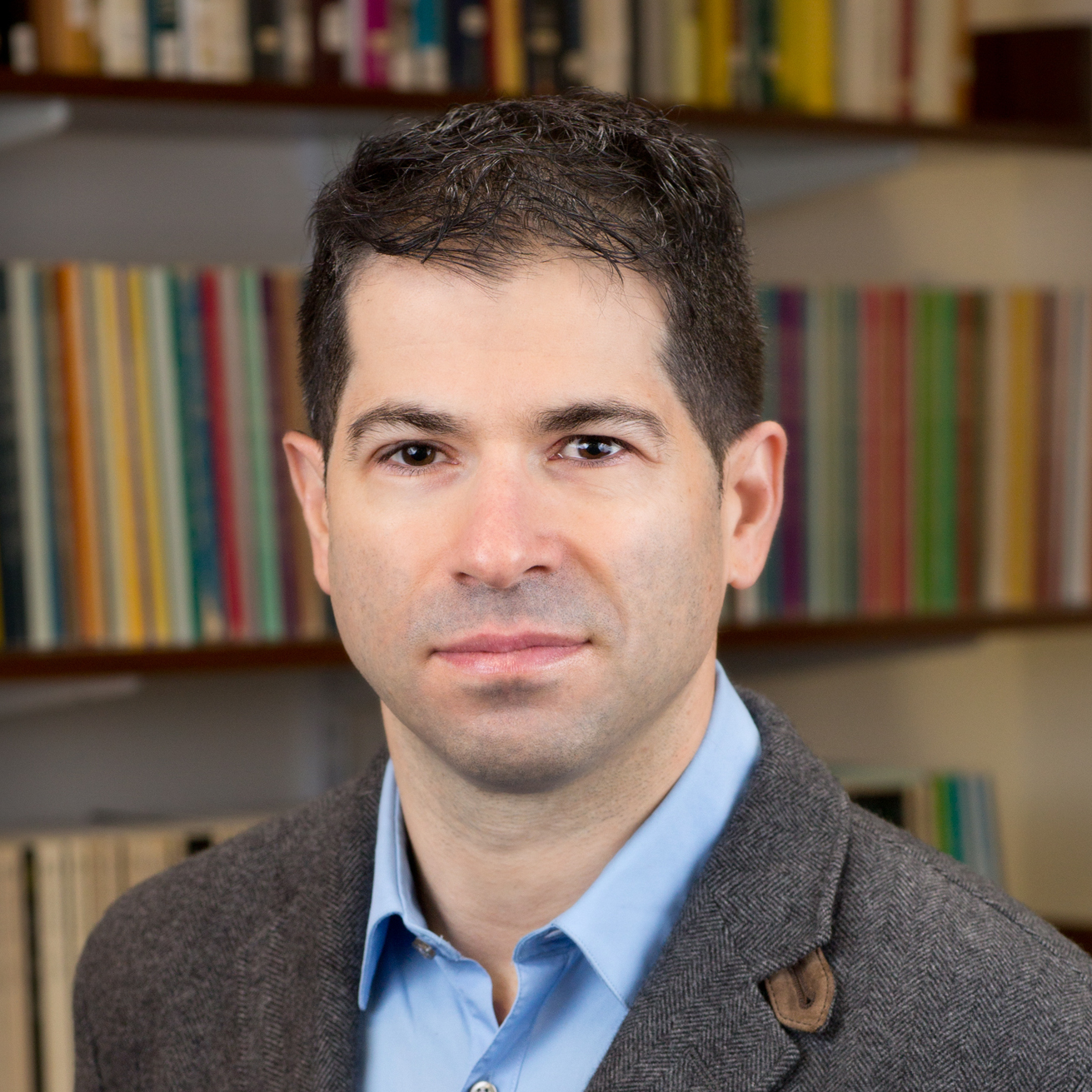 Liav Orgad (Israel / Germany) Liav Orgad (Israel / Germany)
Citizenship theorist + jurist Having worked on constitutional identity, democracy theories, global migration, and international jurisprudence, his research addresses one of the biggest challenges facing liberalism today: international migration, national belonging, and the future of citizenship in the context of a globalised world. |
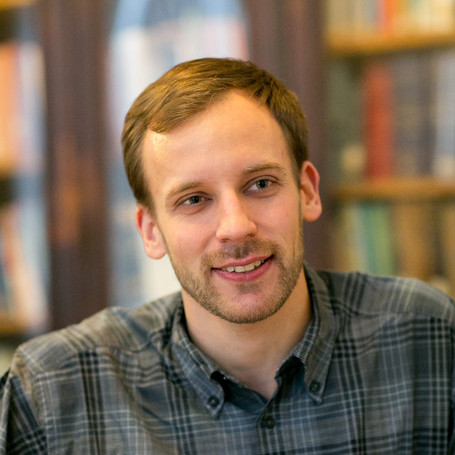 Gergely Toldi (Hungary) Gergely Toldi (Hungary)
Immunologist + nanotechnologist Through academic research and practical experience gained at the Birmingham Women’s Hospital, he adresses significant research questions in Neonatal Medicine, providing better diagnostic and treatment strategies for neonates, pregnant women, and patients with autoimmune disorders. |
|
Biomedical engineer + columnist International health scientist, exploring fundamental questions in cancer progression and treatment. He is engaged in bringing high-quality engineering education to developing countries such as Kenya, Zambia, Uganda, and Ethiopia. His work is based on the conviction that technology can and will change the world for the better. |
|
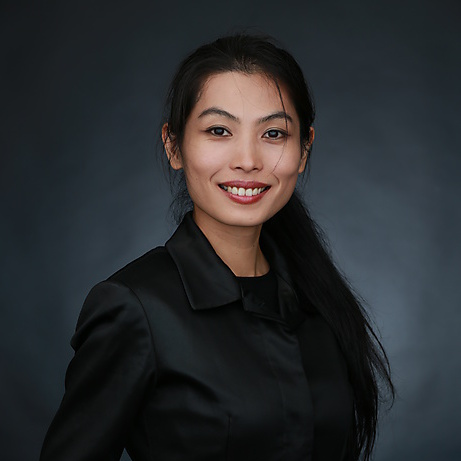 Kit Yee Chan (United Kingdom)
Kit Yee Chan (United Kingdom)
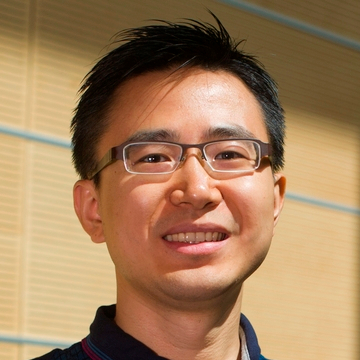
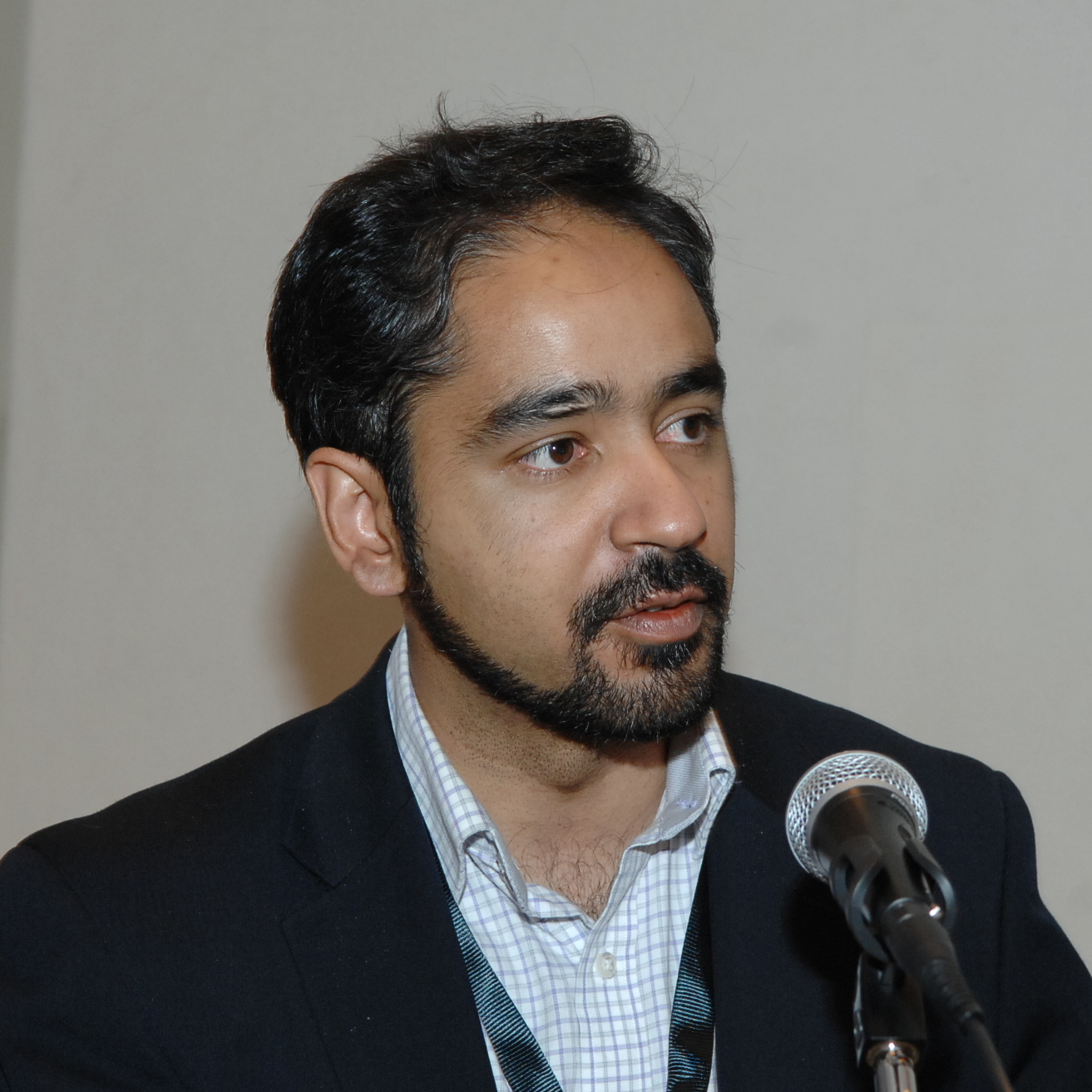 Muhammad Hamid Zaman (USA)
Muhammad Hamid Zaman (USA)